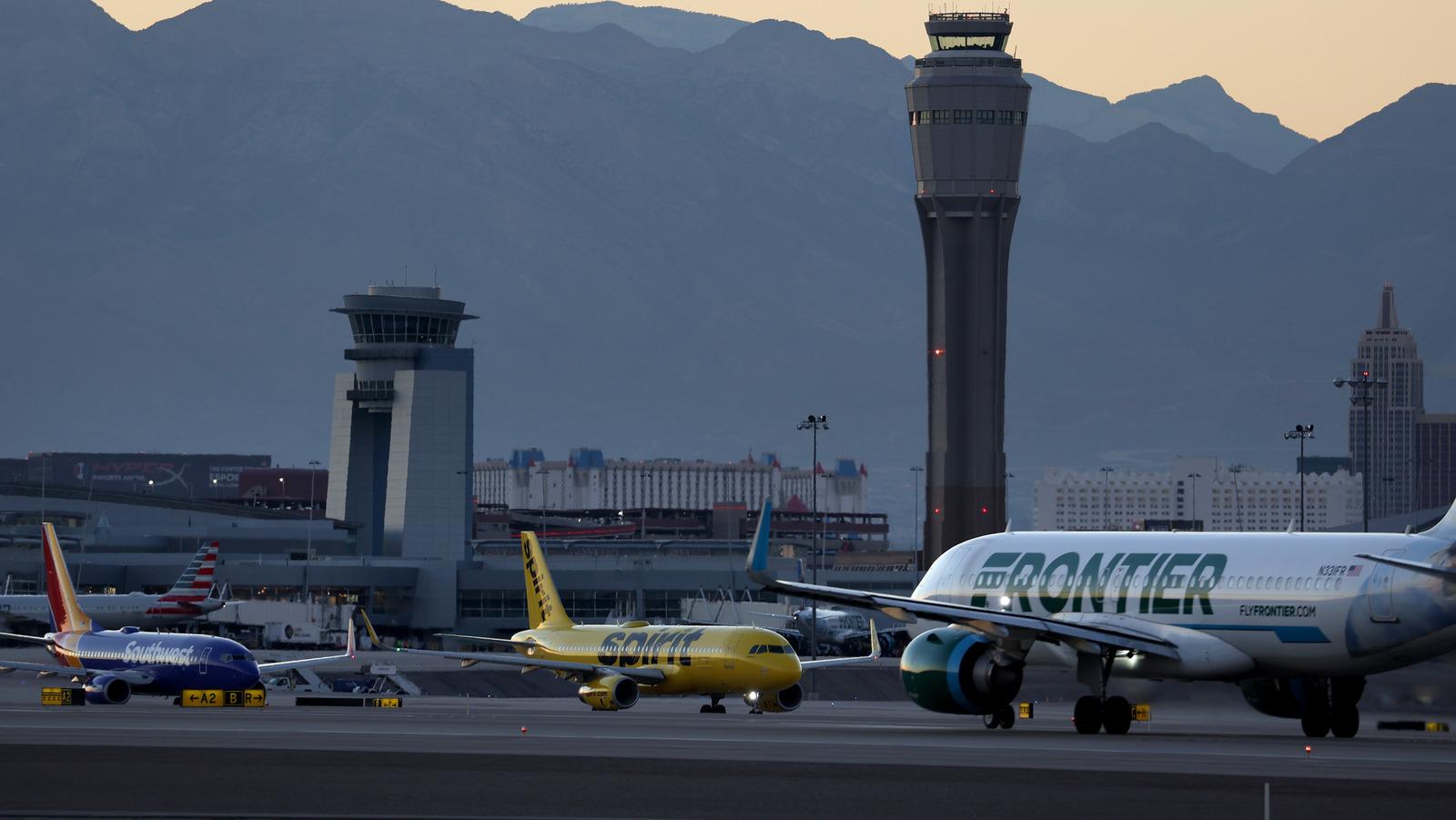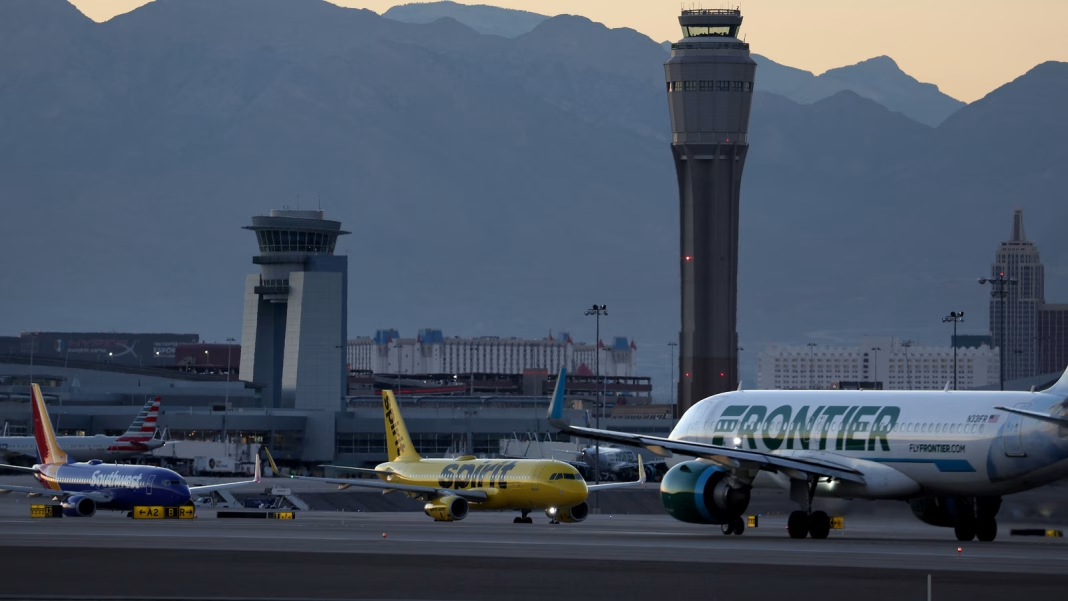Budget airlines have had a tough time lately, and if you’ve flown with one in the past few years, you might have felt the impact firsthand. With air travel taking a nosedive during the pandemic, these carriers have been scrambling to find ways to stay afloat. So, what’s really going on in the world of budget airlines, and how does it affect you as a traveler? Let’s dive in.
Why Are Budget Airlines Struggling?
The pandemic hit the travel industry like a freight train. While many airlines have started to recover, budget carriers often operate on razor-thin margins. They rely heavily on volume—more passengers means more revenue. But when travel restrictions were in place, their business models were put to the test. Now, as travel demand picks up, budget airlines are facing new challenges, including rising fuel costs and labor shortages. These factors can lead to higher ticket prices, which might make you rethink your travel plans.
What Happens When Budget Airlines Cut Corners?
You might have noticed that flying with budget airlines often comes with a few trade-offs. From cramped seating to additional fees for everything from checked bags to snacks, these airlines are known for their no-frills approach. While this can save you money upfront, it can also lead to a less-than-pleasant travel experience. For instance, if you’re not careful, you could end up paying more than you would have on a traditional airline once all the extra charges are added up.
Real-life experiences often highlight these issues. Travelers have shared stories of delayed flights, lost baggage, and customer service that leaves much to be desired. It’s not uncommon to hear about flights being canceled with little notice, leaving passengers scrambling for alternatives. These experiences can tarnish the budget airline reputation, making you wonder if the savings are worth the hassle.
Are Budget Airlines Adapting to New Challenges?
Interestingly, some budget airlines are starting to adapt. They’re introducing new policies to enhance customer experience, such as more flexible booking options and improved communication during delays. Some have even begun to invest in better technology to streamline operations and improve customer service. For example, a few airlines are rolling out apps that allow you to track your flight in real-time and manage your bookings more easily.
Additionally, many budget airlines are exploring partnerships with other carriers to offer more comprehensive travel options. This could mean that you might find yourself on a budget airline that connects seamlessly with a traditional carrier, giving you access to a wider range of destinations without breaking the bank.
What Should You Consider When Booking a Budget Flight?
When booking a flight with a budget airline, it’s essential to do your homework. Look beyond the ticket price. Consider factors like the airline’s reputation, customer reviews, and their policies on cancellations and changes. It’s also wise to check what’s included in the fare. Are you paying for carry-on luggage? What about seat selection? Knowing these details upfront can save you from unexpected costs later on.
Another tip? Be flexible with your travel dates. Sometimes, shifting your trip by just a day or two can lead to significant savings. Plus, if you can travel during off-peak times, you might find that budget airlines offer even better deals.
The Future of Budget Airlines: What Lies Ahead?
As we look to the future, budget airlines will likely continue to evolve. With travel demand rebounding, they have a unique opportunity to reshape their business models. Some experts predict that we might see a shift toward more sustainable practices, with airlines investing in greener technologies and practices to appeal to environmentally conscious travelers.
The big takeaway? Budget airlines aren’t just about cheap tickets—they’re about navigating a complex landscape of challenges and opportunities. By staying informed and making smart choices, you can enjoy the benefits of budget travel while minimizing the downsides. So, the next time you’re planning a trip, consider starting with one small change this week, and you’ll likely spot the difference in your travel experience by month’s end.


